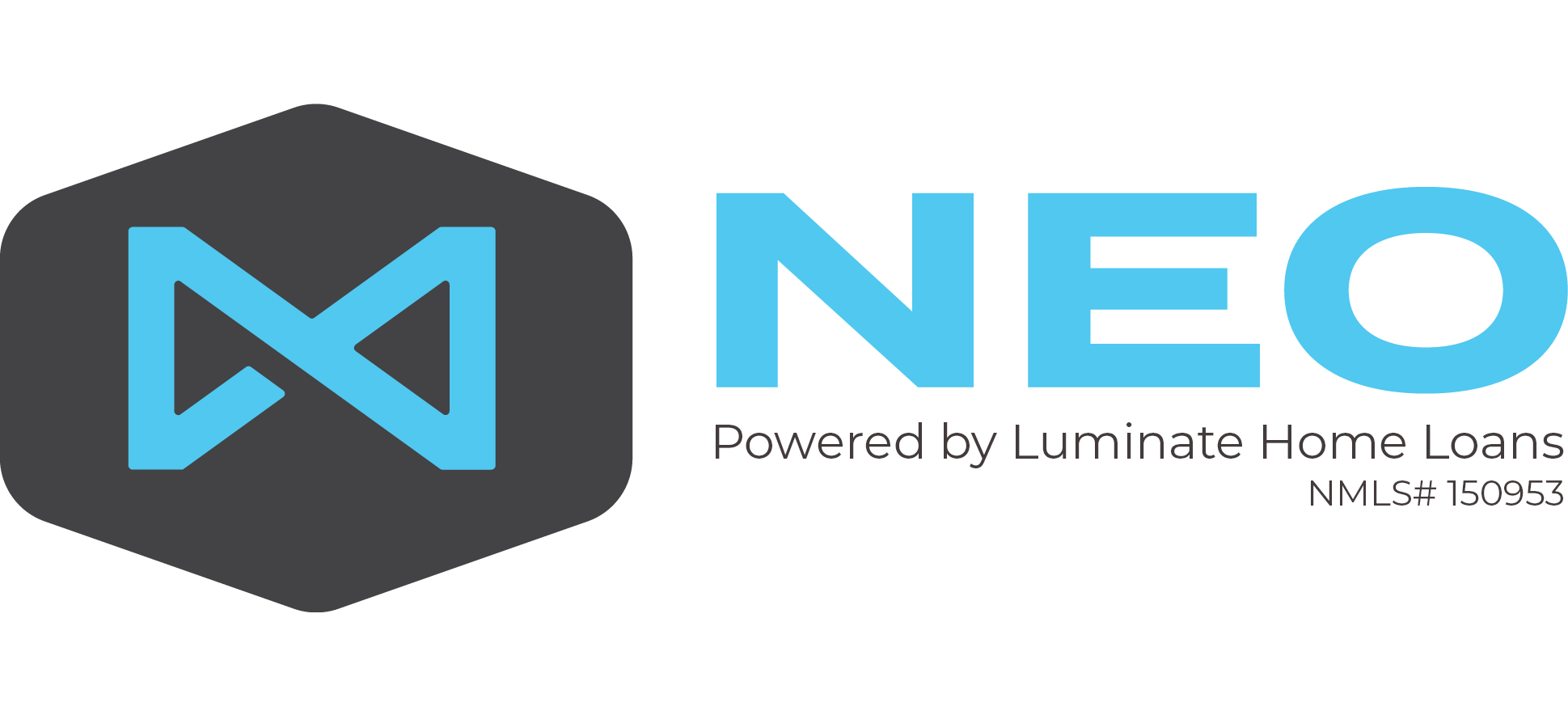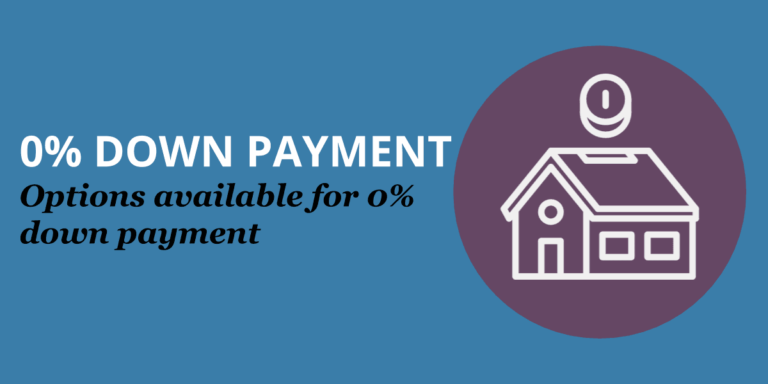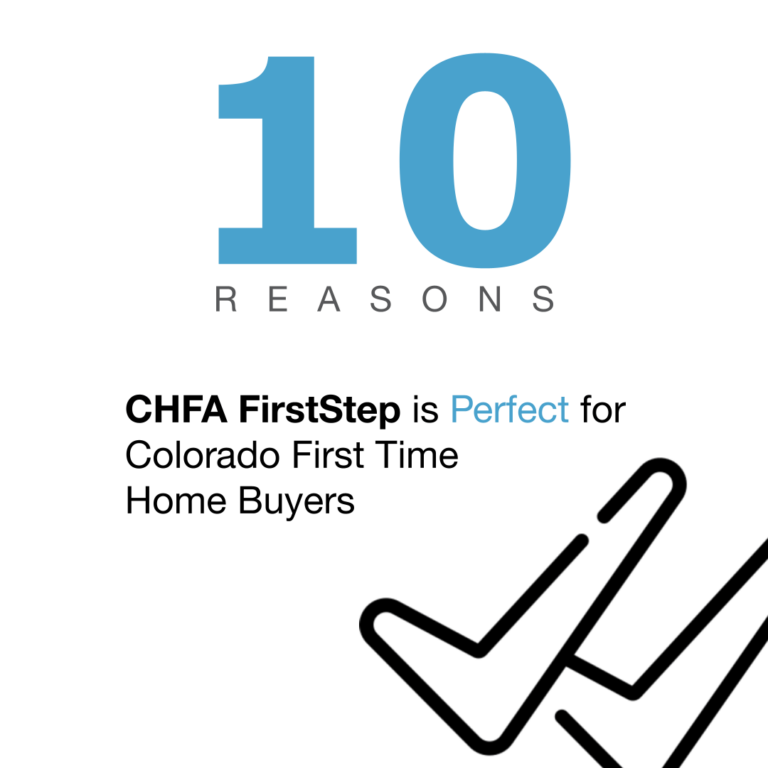When you buy or refinance a home with a mortgage that exceeds 80% of the value of the home mortgage insurance is normally required. Mortgage insurance, or MI, provides you with absolutely no benefit beyond the ability to buy a home with less than a 20% down payment. But once your home purchase and mortgage transaction is closed there is no longer a benefit to you to keep your mortgage insurance in place. In fact, the sooner you can stop your monthly MI payments the better.
Mortgage Insurance By Loan Type
There are a variety of mortgage loan options including (but not limited to):
Each of these loan types has their own unique rules and requirements for when, or even if, mortgage insurance can be removed.
Let’s look at each one.
Conventional
Conventional mortgages that follow Fannie Mae & Freddie Mac guidelines require mortgage insurance when the first mortgage amount exceeds the lower of the purchase price or appraised value.
Mortgage insurance may be removed at one of the following points: (if closed on or after, July 29, 1999)*
- Automatic Termination
The moment the balance of your mortgage reaches 78% of the original appraised value of your home your mortgage insurance will be automatically terminated. - Borrower Requested Termination Based on Original Value
Mortgage insurance may be requested to be terminated when all of the following criteria have been met:- Loan balance reaches 80% of the original appraised value
- Mortgage is current
- No payment 30+ days past due in the most recent 12 months or since the origination date, whichever is less
- No payment 60+ days past due in the most recent 24 months or since the origination date, whichever is less
- Borrower Requested Termination Based on Current Value
Mortgage insurance may be requested to be terminated when all of the following criteria have been met:- Funding/Closing date is at least two years ago (may be waived due to substantial improvements)
- Loan balance reaches
- 75% or less of the current value if closed/funded between 2 and 5 years ago
- 80% or less of the current value if closed/funded between 5+ years ago
- Current value is determined by a Broker’s Price Opinion (BPO) or appraisal (as required by law) paid for by the borrower
- Be careful to consider the value of your home before investing in a BPO. It may be useful to obtain a Comparative Market Analysis (CMA) from your mortgage or real estate professional, first.
- Mortgage is current
- No payment 30+ days past due in the most recent 12 months or since the origination date, whichever is less
- No payment 60+ days past due in the most recent 24 months or since the origination date, whichever is less
- No “default” under the terms of the Security Instrument (i.e. Deed of Trust)
*Additional time or equity requirements may exist if the property is a multi-family home with 2+ units or is not a primary residence.
Source: Freddie Mac, Fannie Mae
FHA
FHA mortgages always require monthly mortgage insurance independent of the amount of down payment or loan-to-value at the time the home is financed. (for all FHA mortgages closed on or after June 2, 2013)
For most FHA borrowers the mortgage insurance is required to be paid for the entire term of the mortgage (until paid off). To eliminate mortgage insurance you must refinance into a loan program where the terms for no mortgage insurance can be met, such as 20% down on a Conventional mortgage.
There is just one exception:
Down Payment of 10% or Greater*
In this scenario, mortgage insurance is only required for a period of 11 years after closing/funding.
*If base loan amount exceeds $625,500 the down payment must be 22% or greater to reduce the term mortgage insurance is paid to 11 years, rather than the full term.
Source: HUD (Appendix 1.0)
VA
VA mortgages do not require a monthly mortgage insurance premium and therefore there are no terms of termination.
USDA
USDA does not have monthly mortgage insurance but rather an “annual fee” calculated and paid monthly by the borrower.
USDA does not allow termination or cancellation of their annual fee and would therefore require a refinance into a loan program where the terms for no mortgage insurance can be met, such as 20% down on a Conventional mortgage.
What’s Next?
Now that you know when, and if, you can have the mortgage insurance removed what’s next?
Do you need a CMA to get a professional opinion of the value of your home so you can determine whether it’s time to request termination of your mortgage insurance?
Do you want to investigate the idea of a refinance into a different loan program with our Free Refinance Analysis?
Do you have questions you need answered? (if so, leave a comment)



